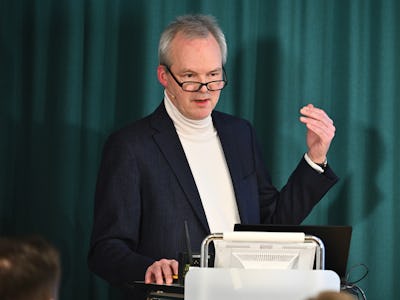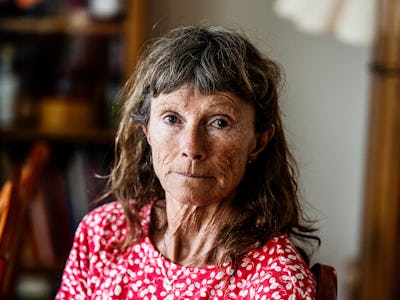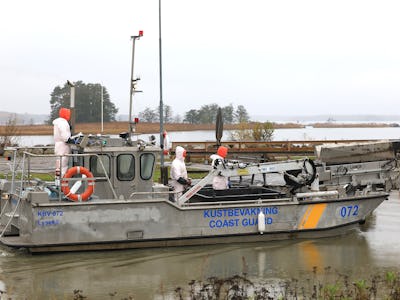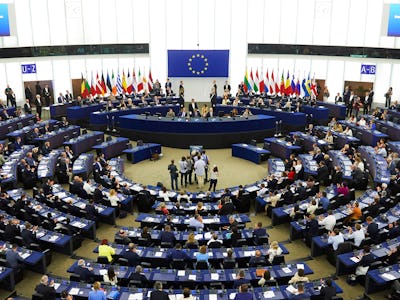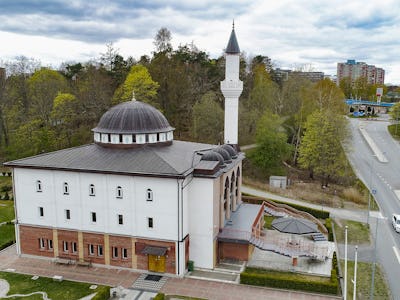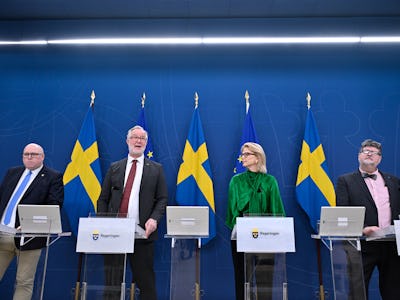There are no climate sceptics in South East Asia
It's hard to deny what you witness with your own eyes. And in South East Asia, climate change has been visible for a long time, writes Arbetet Global’s Ivar Andersen.
When I visited Nepal for the first time in 2013, I was struck by how tangible the discussion about climate change was.
Everyone may not have known about the UN’s Climate Panel, but the understanding around the consequences of climate change was far greater than at home. Far greater than my own.
In the lowlands around Nepalgunj, villagers talked about climate change like we talk about the weather. If the sun is shining, nobody would say it’s raining. If the river dries out, nobody suggests that more research is needed.
The pattern was the same throughout South East Asia.
In Malaysia, the coral reefs around the overheated island paradise of Pulau Perenthian had fallen victim to rising sea temperatures.
In Bangladesh, climate refugees already made up the majority of residents in the vast slum areas of the country’s capital Dhaka.
In Cambodia, where I documented a development project run by We Effects, crops were wilting away even though it was rainy season.
“Drought is the biggest threat to all who live here. Look at my coconuts and cassava, they are dying. It is because of climate change”, said farmer Kong Phean.
The lived-through leaves no room for doubt. Personal experiences don’t lie. Perhaps that’s why it has taken longer for the awareness of the climate crisis to get a hold in affluent Northern Europe, even though higher education levels generally correlate with higher climate awareness.
There are, of course, exceptions. In the United States, where the issue has a clear political dimension, 69 per cent of Republican voters believe that the climate threat has been exaggerated, while only 34 per cent believe that global warming already impacts the weather.
In Sweden, the right wing populists of the Swedish Democrats have profiled themselves as “climate sceptics”.
The vast majority of my acquaintances have long been convinced that the climate is changing; they simply believe in science.
However, few of us are directly connected to agriculture through our work. And due to Sweden’s favourable geographical position, it has taken longer for the connection between rising emissions and rising temperatures to become apparent.
But after the warmest summer in Sweden since meteorological records began, extensive forest fires and crisis support to the country’s farmers, perhaps the realisation has finally sunk in: Global warming is not a dystopia. It is here.
I hope the weather experience is transformed into understanding. So that we can finally become as smart as the farmers of the Cambodian countryside.


